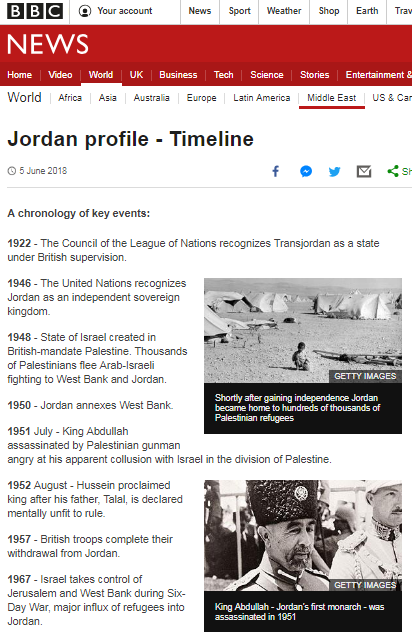The September 18th edition of the BBC Radio 4 programme ‘Sunday‘ included an item (from 11:54 here) described as follows in the synopsis:
“Jewish students fight the movement for sanctions against Israel”.
Presenter Edward Stourton introduced the item with a specious portrayal of the purpose of the BDS campaign.
“Most universities begin the new academic year around this time. The Board of Deputies of British Jews and the Union of Jewish Students are marking the moment by sending round advice on how to combat the activities of the Boycott, Disinvestment [sic] Sanctions movement – or BDS – which, in the words of its website, urges action to pressure Israel to comply with international law. We’re joined by Joel Salmon, the Board of Deputies Parliamentary Officer, and Ben Jamal who next month will take up the post of director of the Palestinian [sic] Solidarity Campaign.” [emphasis added]
The majority of listeners would of course lack the knowledge needed to appreciate just how inaccurate and misleading Stourton’s portrayal is because the BBC consistently refrains from informing its audiences that what the BDS campaign really seeks to achieve is the demise of the Jewish state. Moreover, the corporation has even shrugged off the responsibility to clarify the BDS agenda in its frequent amplification of that campaign.
In addition, listeners to this item were not informed of the “particular viewpoint” of the Palestine Solidarity Campaign as BBC editorial guidelines on impartiality demand before they heard the fallacious framing of the BDS campaign from Ben Jamal, who previously headed the PSC’s Richmond and Kingston branch.
“…I think what we’d also all want students to do is to engage in and to be involved in discussion and activism around human rights and issues of social and international justice.”
“And I think boycott – as I understand it – is a non-violent tactic that throughout history has been used by those defending human rights and fighting against oppression.”
“…this is the tactic for example that Gandhi used to oppose Britain’s violation of rights in India. It’s the tactic that Martin Luther King used to oppose segregation and it’s the tactic that Nelson Mandela used to defend the rights of black South Africans. I take Gandhi’s framing of boycott. In a way it’s a form of dialogue. It’s a way of saying to someone ‘I respect your humanity but I will not cooperate or give my political or economic support to what you are doing’.”
The uninformed listener would hence not be capable of putting Jamal’s portrayal of the specific BoD/UJS handout which is the subject of the item into its appropriate context or understanding that the undertone of the Livingstone Formulation that portrayal includes is not apparently by chance.
“One of the concerns I’ve got at the leaflet or pamphlet that’s been produced is it’s part of an attempt I think to reframe a tactic of boycott as something that is inherently divisive, hostile or at worst extremist or even quasi-violent.”
“I think my concern is this is an attempt to frame any advocacy of boycott or any criticism of Israel as inherently hostile.”
Clearly the predictable absence of adequate explanation of the BDS campaign’s true agenda in this item once again undermined the BBC’s public purpose remit of enhancing audience awareness and understanding of the issue in general and certainly did nothing to contribute to the general public’s comprehension of the very serious problem of antisemitism on the campuses of UK universities.




